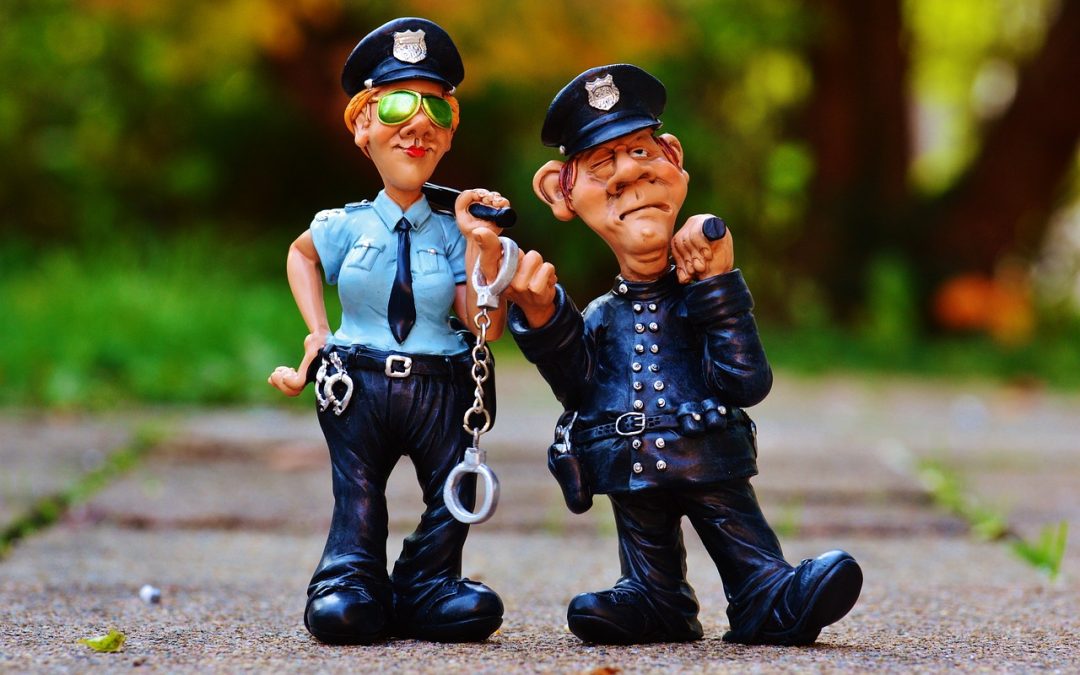When interacting with law enforcement, knowing your rights and exercising them can be crucial in maintaining a safe and respectful encounter. One critical right is the ability to invoke silence when questioned by police. But what happens after you invoke that right? Can they continue to question you, and how should you respond?
Understanding Your Right to Remain Silent
The Fifth Amendment to the United States Constitution grants individuals the right to remain silent in the face of police questioning. This right is often referred to as Miranda rights, named after the landmark Supreme Court case Miranda v. Arizona (1966). When you invoke your right to remain silent, you are signaling to the police that you will not answer their questions without the presence of an attorney.
What Happens After You Invoke Silence?
Once you have clearly invoked your right to remain silent, police are not allowed to question you further. However, this does not mean the encounter is automatically over. Police may still ask you to identify yourself, as required by stop-and-identify laws in many states. They may also ask if you are willing to consent to a search of your person or property.
In these situations, it’s essential to remember that you can still exercise your rights and decline to answer questions or provide consent. Be polite, calm, and firm in your responses, as this can help de-escalate the situation and reduce the likelihood of further conflict.
Practical Tips for Asserting Your Rights
When interacting with police, keep the following tips in mind:
- Clearly and unequivocally state that you wish to invoke your right to remain silent and request an attorney.
- Stay calm and polite, avoiding confrontational language or tone.
- Do not provide false information or make false confessions, as this can lead to further legal complications.
- Remember that you can still decline to answer questions even if you have already provided some information.
“The right to remain silent” is not a mere formality; it is a fundamental right that must be scrupulously protected.” – Berghuis v. Thompkins (2010)
Remember, knowing your rights and exercising them appropriately can help ensure a safe and respectful encounter with law enforcement. Stay informed about local laws and regulations, and always prioritize your safety and well-being. By being aware of your rights, you can help build trust and foster positive relationships between law enforcement and the communities they serve.
The information at Observed.Org may not pertain to every jurisdiction. It is YOUR responsibility to know your rights and observe them. Nothing here should be considered legal advice.

